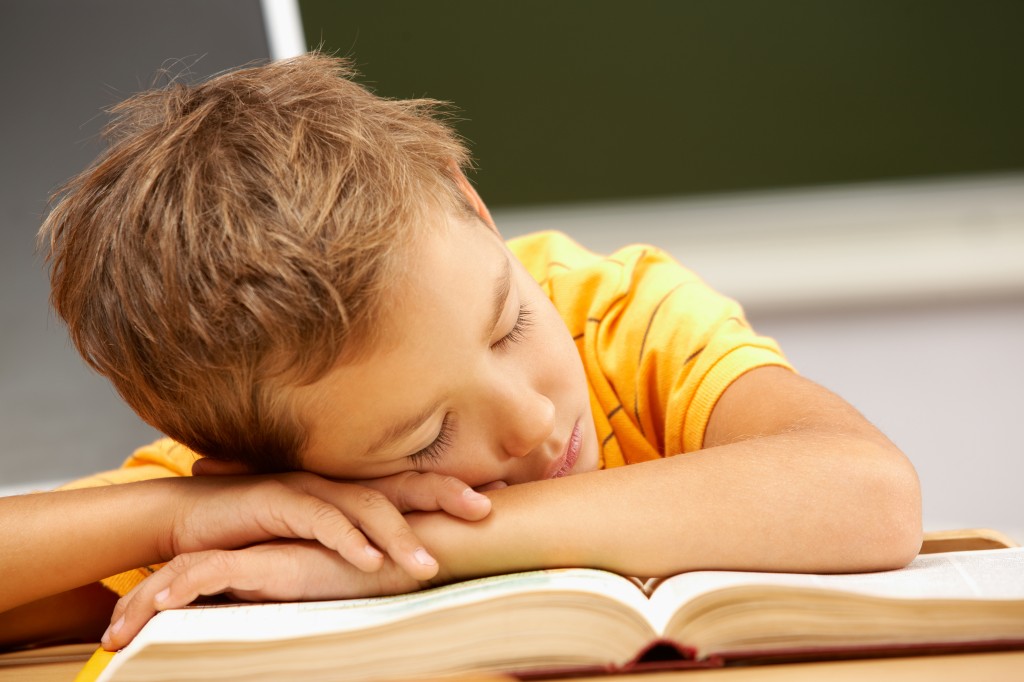-
Health & Wellness
BACK-TO-SCHOOL: A Good Night’s Sleep
Is a good night's sleep on your list of back-to-school essentials? Pediatric sleep expert with the Mayo Clinic Children's Center Suresh Kotagal, M.D., says getting enough sleep is critical to students' well-being and ability to learn.
Dr. Kotagal says an estimated 30 to 50 percent of children have trouble sleeping well, but a few healthy habits could help many of them sleep more soundly.
- Don't drink caffeine after dinner.
- Regular exercise leads to better sleep.
- Turn off all electronic devices an hour before bedtime.
- Silence phones so text or message alerts won't wake the child up.
- Not allowing students to stay up too late on weekend nights will make Monday's early starts easier to deal with.
Journalists: Sound bites with Dr. Kotagal are available in the downloads.
If your child has a major adjustment to make from their summer sleep pattern to the demands of a school day schedule, Dr. Kotagal suggests starting now to shift their morning wake-up times gradually. For example, if your child is used to rising at 10 a.m., wake them tomorrow at 9:30.
/// Sound Bite - READJUSTING YOUR INTERNAL CLOCK: (Dr. Suresh Kotagal, Mayo Clinic Pediatric Neurologist) "Then after two to three days, maybe wake up at 9 a.m., moving backward like that until we come to a time around 6:30 or so, and then try to stick with that." TRT :12
Dr. Kotagal says falling asleep earlier will be easier for older children if they can avoid midday naps. The doctor says studies have found that a lack of sleep can contribute to emotional moodiness, weight gain and a lack of concentration. In fact, Dr. Kotagal says our brains store away all the things we've tried to learn during the day during a restful sleep.
Usually, he says, a few healthy lifestyle changes can resolve the problem. But, if your child is struggling to get a good night's sleep, he recommends asking your family physician for guidance.
Related Articles








